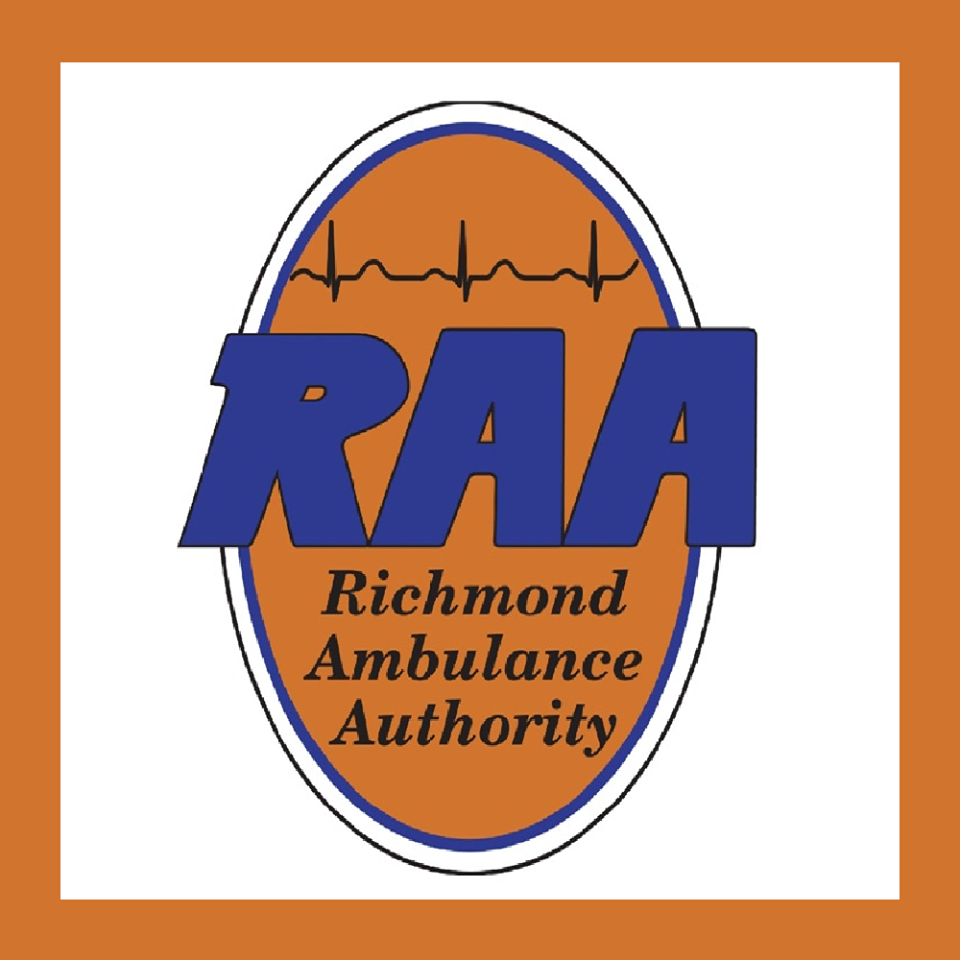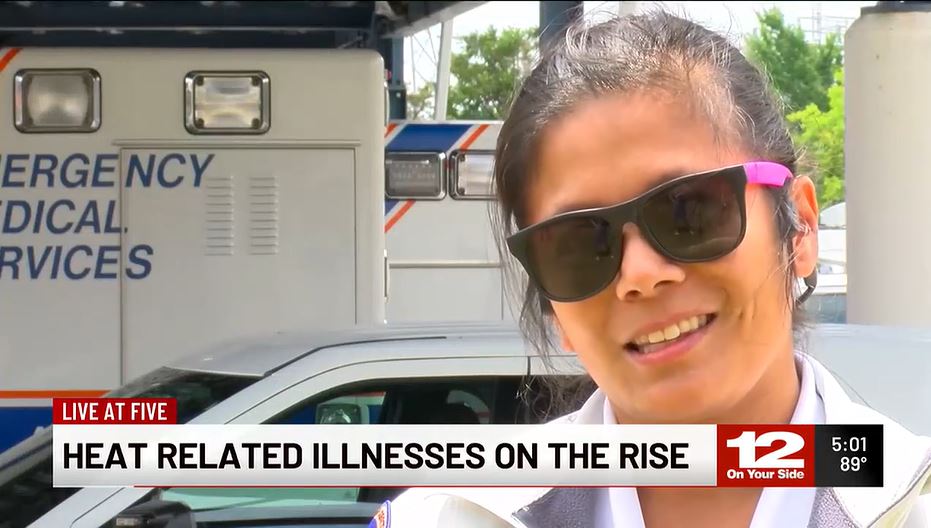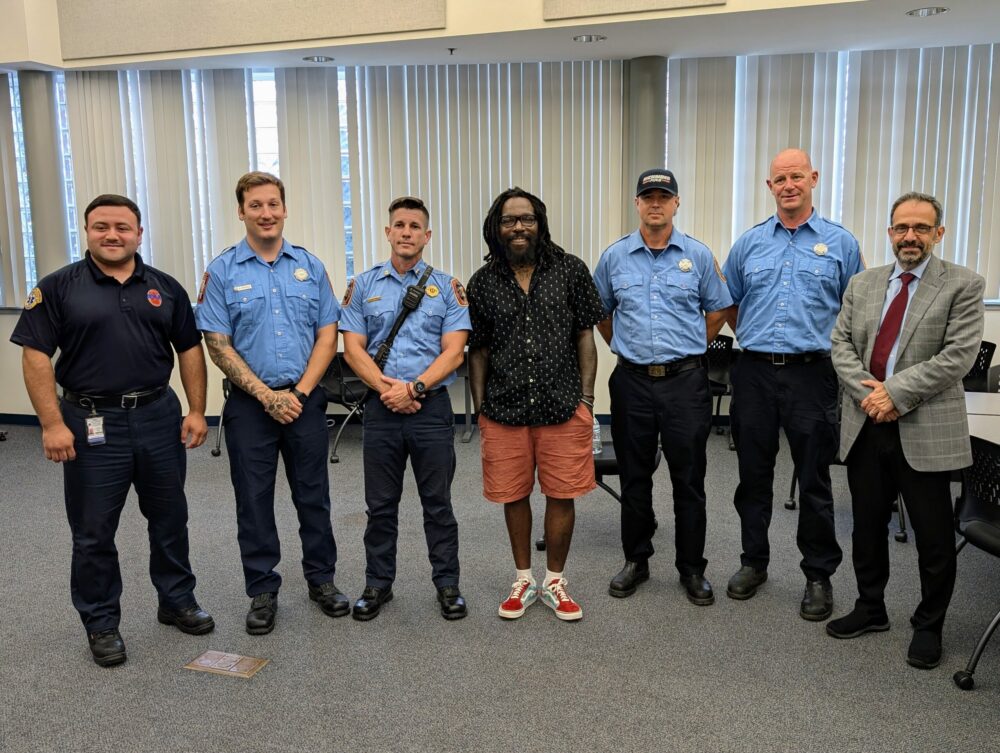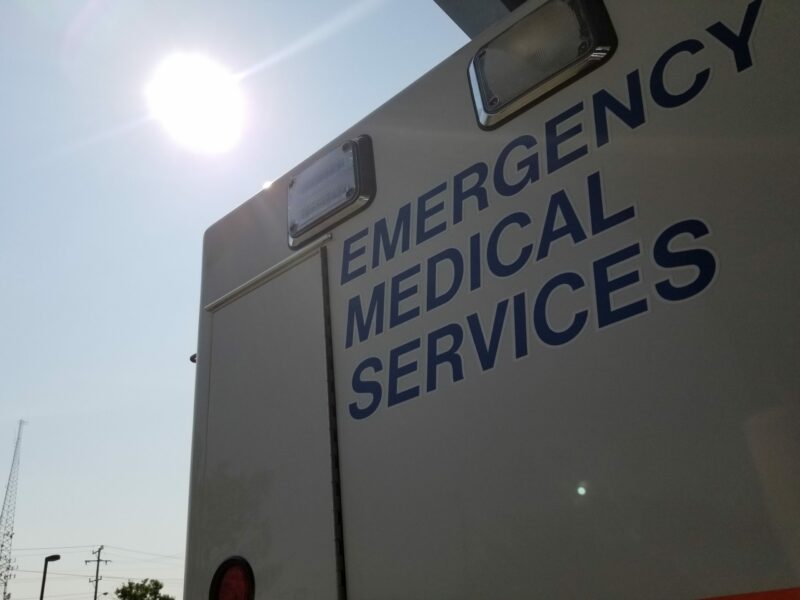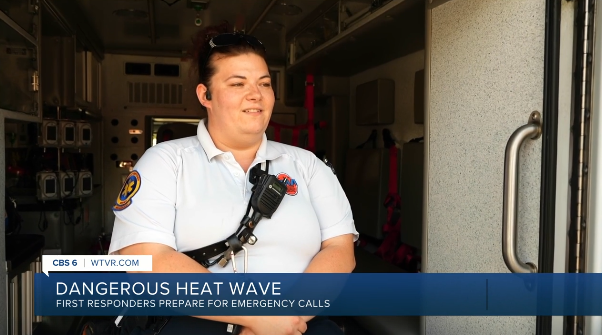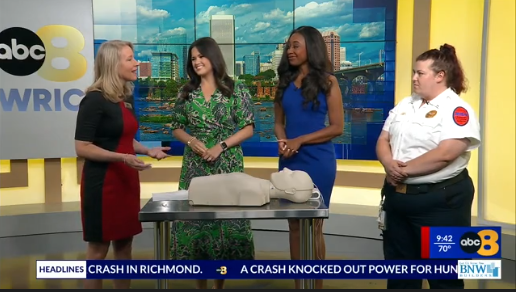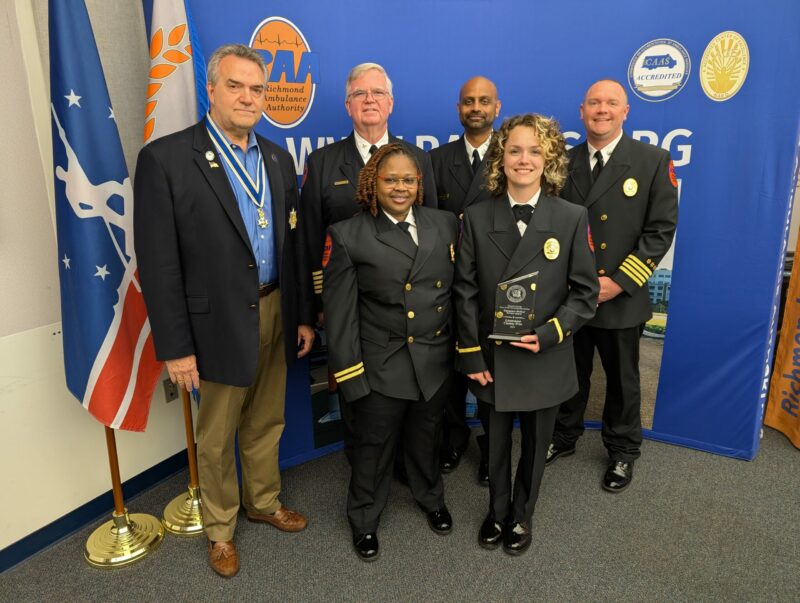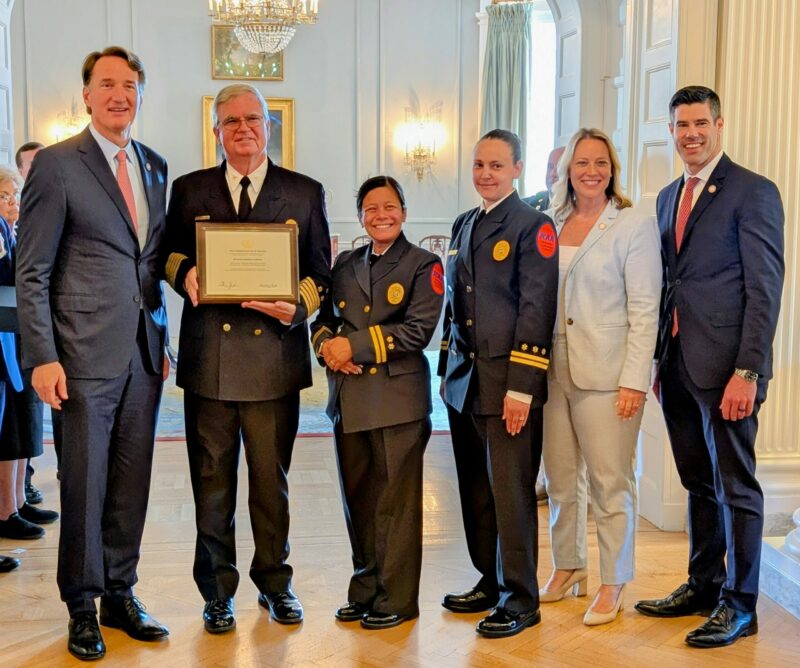This article originally appeared on 12onyourside.com
Our area’s scorching temperatures are straining medical services.
The Virginia Department of Health saw a significant spike in heat-related illnesses last weekend.
On Saturday alone, VDH recorded 98 cases of heat-related illnesses, and Richmond Ambulance Authority says Wednesday was busy for its crews, too, as temperatures hit triple digits.
The numbers remind us of the health and financial impacts of heat. A professor with Virginia Commonwealth University says it has only been getting worse each year.
“Now that we’re seeing more and more summers with increasing intensity of heat, we’re expecting that this coming summer a record-breaking elevation in our temperatures,” Dr. Steven Woolf said.
Danielle Geronimo with Richmond Ambulance Authority is feeling that, too. She says it has recently felt fierce and is only the season’s beginning.
She says some symptoms of heat exhaustion are excessive sweating, muscle cramps, fatigue, dizziness, headaches and nausea.
“It can progress very quickly to heat stroke in a matter of 15 to 30 minutes, and you might not even know that that’s happening because it’s so quick,” Geronimo said. “You might see changes in level of consciousness, confusion, hallucinations, seizures, and even loss of consciousness. So, we’ve seen the spectrum from mild symptoms to patients that are unresponsive in the street and because of the heat.”
In addition to the medical strain from those incidents, there is also financial pain. Dr. Woolf has been studying the actual cost of a heat wave in the commonwealth.
“It adds up, it becomes quite substantial,” Dr. Woolf said. “We extrapolated from our data in Virginia, nationwide, and estimated that these visits cost us about a billion dollars per year per summer.”
Some people are more susceptible to heat-related illnesses and get hit harder by their impacts.
“In the state of Virginia, there were an increase of about 7,000 emergency department visits in a typical summer and 2,000 additional admissions to the hospital for a typical summer,” Dr. Woolf said.
Dr. Woolf said those more at risk for extreme heat illness include low-income communities and communities of color.
“They tend to have less tree canopy and are exposed to more heat and are less likely to live in housing that provides air conditioning or fans,” Dr. Woolf said. “But we also find that individuals who have other reasons for being outside and exposed to the heat, such as outdoor workers, are especially at risk.”
He says it has been getting worse each year, though there are ways communities can try to mitigate the damages.
“Richmond has done a lot of important work in this regard. Everything from planting trees to changes and building codes are going a long way toward providing relief for people who are most at risk,” Dr. Woolf said.
He and RAA encourage people to use the cooling centers in the city and surrounding counties to stay safe and reduce hospital visits and expenses.
It’s why he and the Richmond Ambulance Authority encourage people to know where cooling centers are in the community.
“We recommend again staying indoors if you can. Populations that are of younger age and older age are more susceptible to having heatstroke or heat exhaustion. So, be mindful of that,” Geronimo said.
If you can’t reach one of those cooling stations, RAA advises staying in the shade, hydrating, eating food, wearing sunscreen and looking out for yourself and others.
